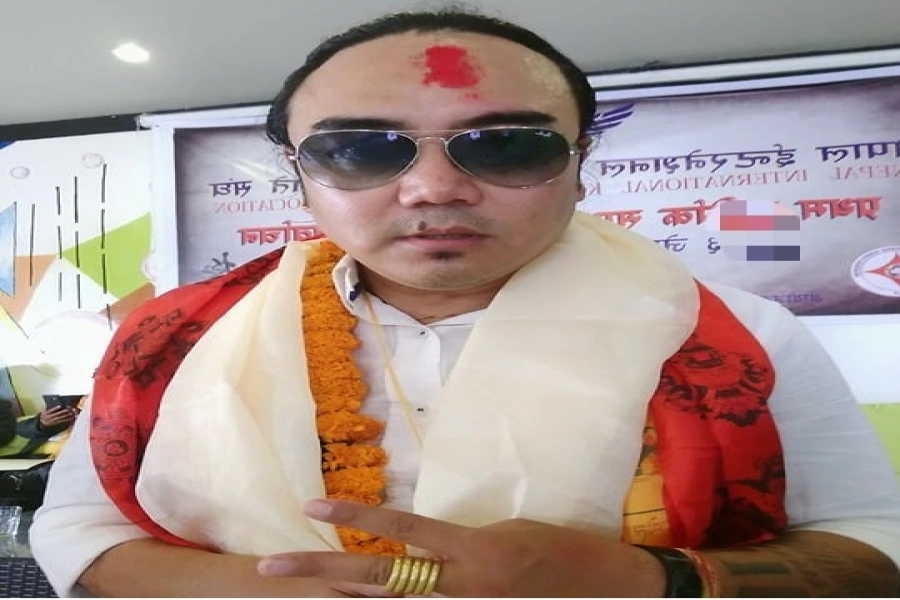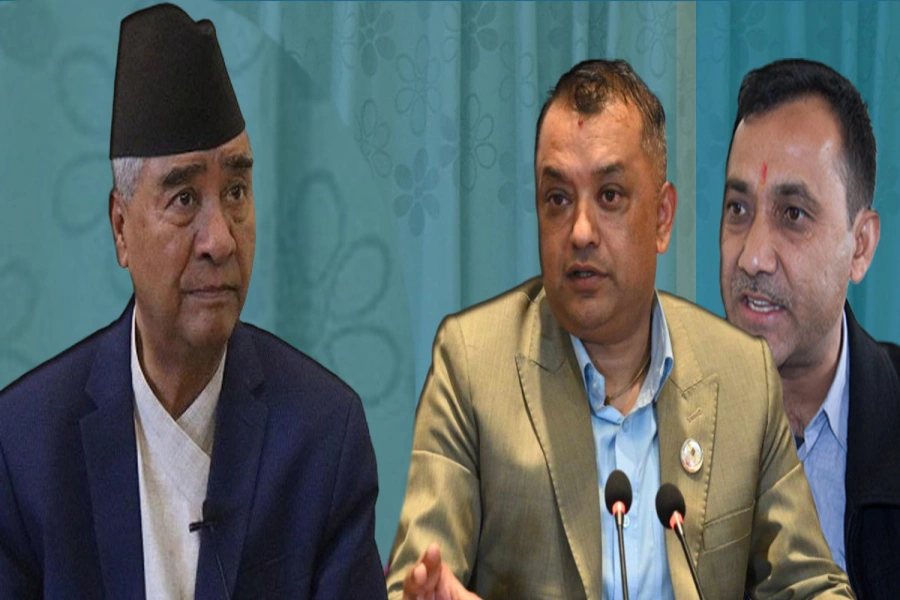Ruling on online portals
The Patan High Court on Tuesday permitted Nepal Police to seek the sources of information in relation to news on the performance evaluation report of former DIG Nawaraj Silwal from some online news portals. A division bench of Chief Judge Prakash Kumar Dhungana and Judge Neeta Gautam Dixit issued the order after the hearing on the case. This, we believe, is contrary to the freedom of expression enshrined in the Constitution of Nepal 2015 where the preamble and the related articles of the fundamental rights guarantee “full freedom of the press.” Article 19(2) of the constitution states: “No radio, television, online or other form of digital or electronic equipment, press or other means of communication publishing, broadcasting or printing any news item, feature, editorial, article, information or other material shall be closed or seized nor shall the registration thereof be cancelled nor shall such material be seized by the reason of publication, broadcasting or printing of such material through any audio, audio-visual or electronic equipment.” This should be the guiding principle for our young democracy to treat our press. Only a vibrant press can strengthen democracy.
31st World Press Freedom Day being observed today

The order on Tuesday says: “In the context of press freedom being an uninfringeable right, the correspondence from the investigating authority requesting support in the process of investigation according to the existing law does not amount to the violation of national and international practices related to the freedom of press, nor does it infringe and restrict the norms, values and practices of the free press. So, there was no need to issue a stay order. Do according to the law.” This order is troublesome in many ways. First, the documents published by online news portals were submitted to the Supreme Court beforehand and that the portals’ source of information does not in any way help in the investigation of the forgery case against former DIG of Nepal Police Nawaraj Silwal. Second, the law guarantees news organization from protecting their source. This is also internationally accepted fact and practice.
We are not new to attempts by those in power to curb press freedom. Then King Gyanendra Shah censored newsrooms and sent armed forces inside newsrooms. We also hear some leaders desire to “control” the press. Freedom of press is more than just the freedom to write what the newspapers see fit. Our free society will prosper and represent the voice of all under the environment where press freedom is fully protected. And in times of trouble, we look up to our courts to protect this much-prized freedom. Nepali press has sided with progressive change and has advocated for democracy, freedom and human rights when attempts to undermine these universal rights were made in the past. Online portals, despite limited resources, have contributed to exposing the wrongdoings of political class and bureaucracy. As we are entering into the new phase of institutionalizing federal democratic republic, Nepali press needs to be empowered so that it can be effective watchdog. Any attempt to curb press freedom will be unacceptable.




































